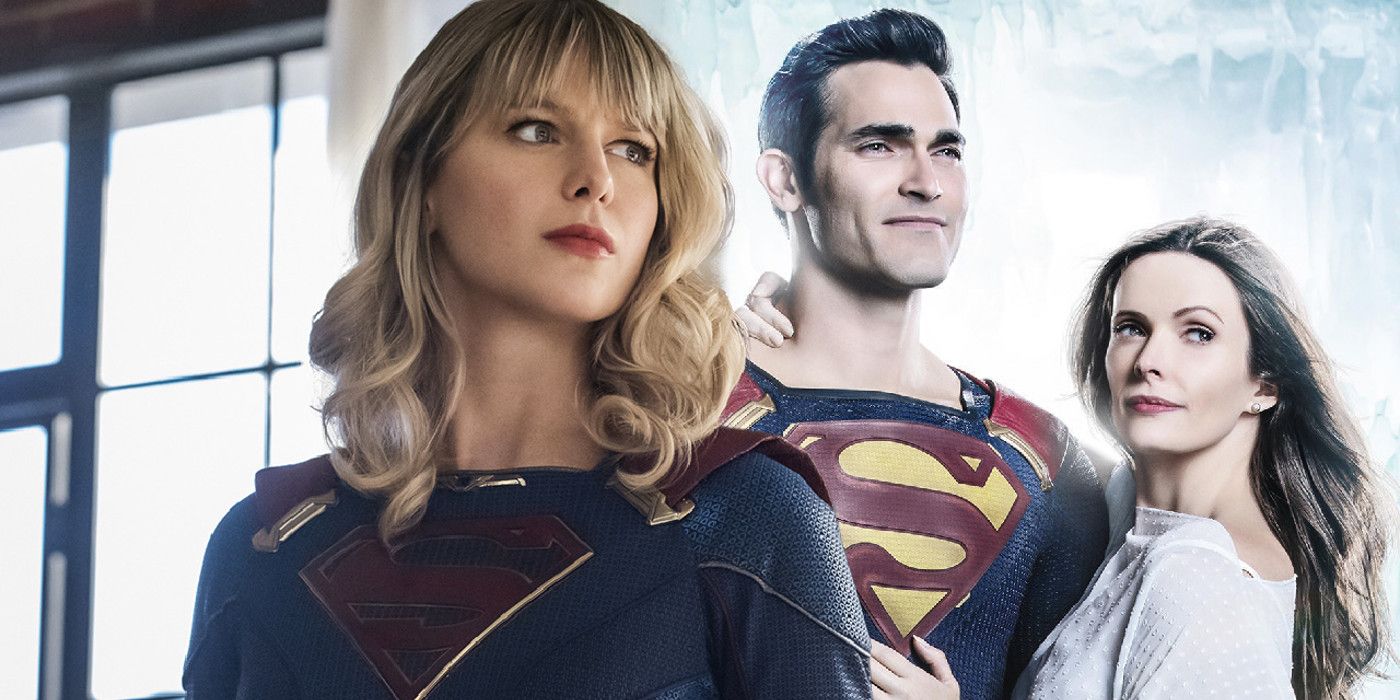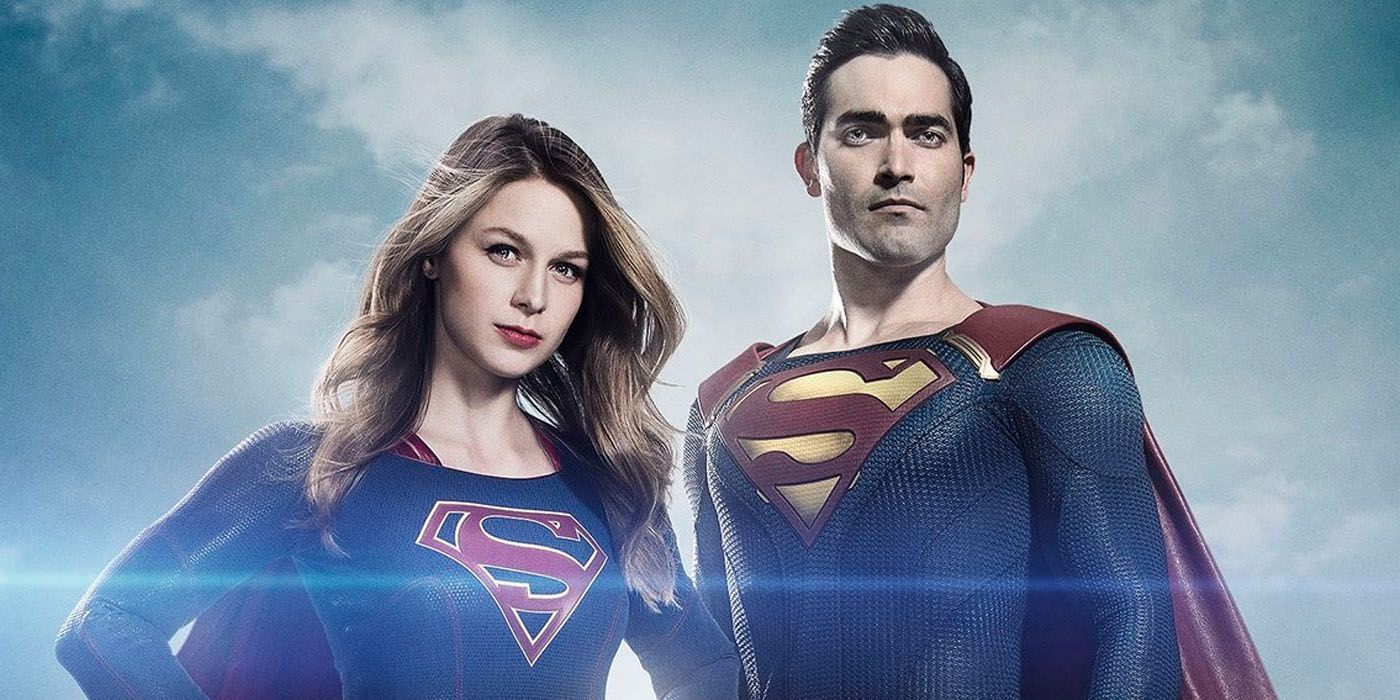Supergirl coming to an end hot on the heels of the Arrowverse version of Superman getting a spin-off series, Superman and Lois, is a bad look for the Arrowverse and The CW. While the timing was unintentional, it still seems incongruous that a network famed for its reputation as an equal-opportunity employer could bring a show centered around one of its most prominent heroines to a close just as her male equivalent is getting a show of his own.
The announcement that the upcoming Supergirl season 6 would be its last sent shockwaves through the entertainment industry and superhero fandom alike. The past year has been a tumultuous one for the Arrowverse, with Arrow ending after eight seasons, Elongated Man actor Hartley Sawyer being fired from The Flash, and Ruby Rose deciding to leave Batwoman after a single season of playing Kate Kane. No official reason was given for the decision behind Supergirl coming to a conclusion, but it is suspected that series' star Melissa Benoist, who recently celebrated the birth of her first child, wished to focus on the joys of motherhood without having to balance her new responsibilities with starring in a superhero drama.
While this is perfectly understandable, the timing is unfortunate. One of the biggest challenges Supergirl as a series and Benoist as a performer faced when Supergirl first premiered in 2015 was in dragging Kara Zor-El out of the shadow of her famous cousin. The character was originally introduced to DC in 1958 in a bid to lure more girls into reading comics, while copying the success of similar characters like Mary Marvel and Miss America. Although Supergirl proved popular, she never really progressed beyond being a female version of Superman and remained derivative for most of her published life. The first season of Supergirl tried to address this by not having Superman appear on-screen and focusing on Kara's life outside of heroism, but this only raised questions as to why Kal-El never felt the need to check-in on his cousin, as she started following in his footsteps as a costumed hero.
Ironically, Kara's status as an independent hero seemed to improve with the casting of Tyler Hoechlin as Clark Kent in Supergirl season 2. Giving a face to the Man of Steel helped to humanize him, as did allowing Kara to interact with her cousin directly. Yet Supergirl still faced accusations of having to weaken Superman in order to make Supergirl seem like an equal, such as when Kara teased him by telling a group of kids that she used to change his diapers or when Kara defeated Clark in a one-on-one battle. Most of these complaints were leveled by on-line trolls, who predicted that Supergirl wouldn't last another season on The CW because nobody cared about female superheroes. They also claimed that the only reason a Supergirl show was made in the first place was because they couldn't get the rights to Superman. (The same trolls are even now falsely claiming Supergirl was cancelled, rather than coming to a close with the agreement of the production team.)
While it is unfortunate that the timing of Supergirl's series finale has given trolls ammunition, it should be noted that there is no evidence to support any of their claims, despite any appearances of sexism or a lack of confidence on the part of The CW. The fact of the matter is that Supergirl ran proudly for six seasons, paving the way for series like Batwoman and Stargirl. If nothing else, the fact that The CW feels Superman should share his show with Lois Lane seems to stand as proof that, as far as the Arrowverse is concerned, the future is looking strong for Superman and Lois. The problem is that having Superman's series effectively replace Supergirl's around the same time isn't a good look, especially regarding the franchise's push for diversity.


